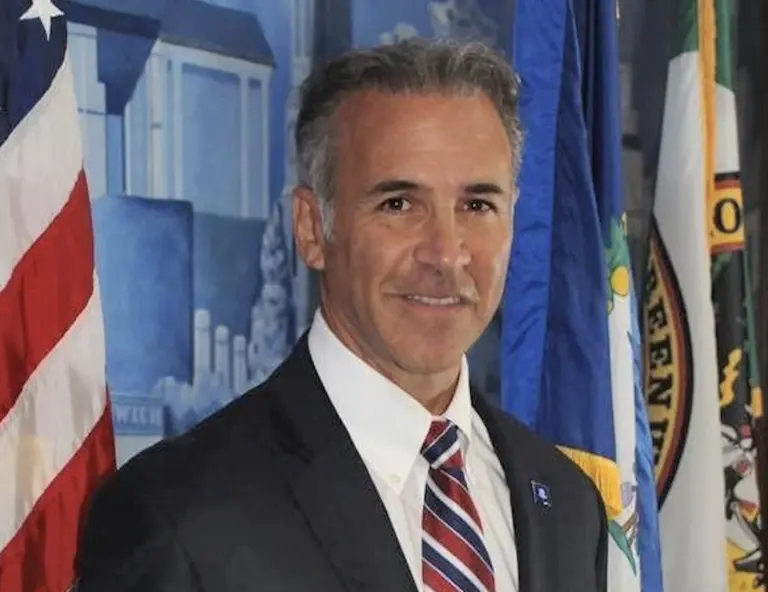
By: Jennifer Dayton
Three generations of town residents have known the landmark Havemeyer building on Greenwich Avenue. A Beaux-Arts architectural icon, it is named for Louisine and Henry Havemeyer, of Greenwich and New York. Yet, few know Louisine Havemeyer’s most important legacy to town and country was securing the right to be represented.
Expanding the electorate, once a bright promise after the civil war, became only a dim possibility at the turn of the last century, unmentioned by most state constitutions. A judicial route to court action had failed. A legislative route to a federal amendment in 1878 had failed and continued to be voted down every year for the next 40 years. Havemeyer, a financial benefactor of the women’s suffrage movement, at first raised funds for the cause through exhibitions of her art collection. However, it took persuasion from famous painter Mary Cassatt for Havemeyer to make it her mission, to achieve gender-equal access to representation.
Havemeyer felt compelled by her conscience not to abdicate to others the unending effort to realize essential liberties. Fellow suffragist, Harriet Tubman, earlier having taken possession of her own physical liberty, felt compelled by her conscience to make unabridged freedom a reality for as many as possible. Overcoming direct external opposition, allegiances to family and reluctance to be in harm’s way, both women were guided by a stronger conviction. Arrested during a demonstration in Washington, Havemeyer served time in prison and while many women had preceded her, Havemeyer’s arrest in her last decade of life, was for its day, a captivating meme, galvanizing support needed for change.
Public tolerance for beliefs in accord with one’s conscience, has been protected for more than three centuries. It was formally guaranteed for residents here in 1664, as a condition of the Dutch handover to English control of all territory formerly known as New Netherland. It is a historical marvel that our original local leaders prized protection of existing individual liberties over a struggle based on allegiances. What mattered most to residents in our metropolitan region, was a guarantee of the right to representation in government with “free voices in all public affairs,” and tolerance.
We approach primary and general elections in which a struggle over allegiances and liberties is evident, irrespective of political party registration. It is undeniably harder to vote one’s conscience in the Information Age amid the shattering noise of social media. Messages are easily disseminated using psychological profiling for micro-targeting of voters. Interference in online communities now deliberately inflames voter allegiances on both sides to exploit divisions and induce illegitimacy. It will worsen under the deceptive, reverberating digital assault of disinformation, unless we become better informed citizens and therefore go back to basics, using firsthand facts, tolerance for different views and the ability to navigate by our consciences.
When allegiances receded after WWI, the US Congress took up electoral reform. When allegiances receded this year between the United Kingdom and Europe, the desire for UK electoral reform took center stage. While it is true there is no perfect system, without digital information transparency, the legitimacy of elections and representative government is in jeopardy. A century ago, near the end of Havemeyer’s mission, Connecticut abdicated the most consequential reform of the day. 36 other states in legislative session ratified for all of us, the 19th Amendment, giving half the population voting rights. Today, more than 40% of the US electorate chooses not to participate in elections.
For more than 300 years Americans have been striving to remove barriers to representation. Election Day registration in more than one town location is an idea whose time has come, to serve new and relocating voters, just as polling takes place in more than one town location. Connecticut’s legislature should not abdicate this decision. We cannot take the process and outcome of our elections for granted, with remembrance of Louisine Havemeyer and her resolve to remove barriers to our most essential democratic freedom.





